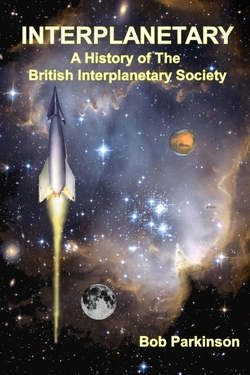“From time to time, alarm has been expressed at the danger of a ‘sensory deprivation’ in space. Astronauts on long journeys, it has been suggested, will suffer the symptoms that afflict men who are cut off from their environment by being shut up in darkened, soundproofed rooms.
“I would reverse this argument: our culture will suffer from sensory deprivation if it does not go into space. There is striking evidence of this in what has already happened to the astronomers and physicists. As soon as they were able to rise above the atmosphere, a new and often surprising universe was opened up to them, far richer and more complex than had ever been suspected from ground observations. Even the most enthusiastic proponents of space research never imagined just how valuable satellites would actually turn out to be, and there is a profound symbolism in this.
“But the facts and statistics of science, priceless as they are, tell only a part of the story. Across the seas of space lie the new raw materials of the imagination, without which all forms of art must eventually sicken and die. Strangeness, wonder, mystery, and magic — these things, which not long ago seemed lost forever, will soon return to the world. And with them, perhaps will come again an age of sagas and epics such as Homer never knew.”
— Arthur C. Clarke, from “Space and the Spirit of Man,” an essay that first appeared in Voices from the Sky (New York: Harper & Row, 1965) and is now available in the author’s Greetings, Carbon-Based Bipeds! Collected Essays 1934-1998 (New York: St. Martin’s Press, 1999). The latter is indispensable for anyone seriously interested in interstellar flight and the broader cultural issues it raises.
On a more current note, it was fitting (and true to Clarke’s point) that David Southwood, the European Space Agency’s director of science, should read a poem when he needed to sum up the Huygens team’s exhilaration at landing on Titan. The poem was ‘On First Looking Into Chapman’s Homer’ by John Keats, from which this excerpt:
Then felt I like some watcher of the skies
When a new planet swims into his ken;
Or like stout Cortez when with eagle eyes
He star’d at the Pacific—and all his men
Look’d at each other with a wild surmise—
Silent, upon a peak in Darien.

